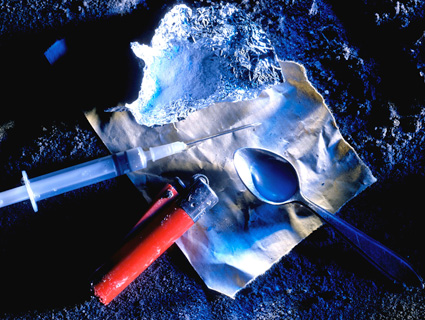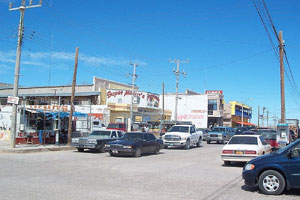It’s been 40 years to the day since President Richard Nixon declared war on drugs, kicking off a quagmire that every commander in chief after him has inherited.
Both the Global Commission on Drug Policy and Law Enforcement Against Prohibition (LEAP) have recently released reports calling for decriminalization and large-scale restructuring of drug policy.
LEAP’s June 14 report, titled “Ending the Drug War: a Dream Deferred,” [PDF] makes special note of Gil Kerlikowske, the Drug Czar appointed by President Obama in early 2009, a man they also claim refused to meet with their police representatives earlier this week when the group unveiled its report in Washington. The critical report covers much of the expected ground: prohibition breeds protracted turf wars, law enforcement officers have more productive things to do with their time, and the United States is “waging war against [the] seriously ill.” Regarding Kerlikowske, LEAP calls him out for misleading rhetoric and doubletalk.
When he assumed office, Kerlikowske spoke of putting an emphasis on the public health aspect of the issue, publicly disavowed the use of the phrase “War on Drugs,” and talked about his son’s arrest on drug-related charges. This, in the view of some progressives, made him the best drug czar the country’s ever had since the position was created in 1989. But even back then he delivered friendly soundbites like “we’re not at war with people in this country” in the same breath that he labeled marijuana a life-threatening substance.
Since his appointment to the Office of National Drug Control Policy, Kerlikowske’s tenure has demonstrated no real shift in policy. He has overseen an escalation in the controversial Mérida Initiative, which has only increased bloodshed. In 2010, when California attempted to legalize pot via Prop 19, it was Kerlikowske who threatened a federal suit.
And in spite of a greater flow of US funding and manpower, and a mounting death toll south (and north) of the border, he still claimed in March that the Obama administration had “ended” the drug war two years ago.
These days, Kerlikowske doesn’t seem that much different from his predecessors. The drug war didn’t just stop because he said so.
















